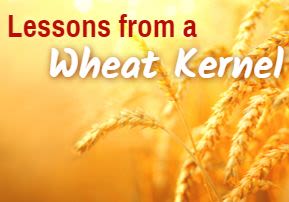
Lessons from a Wheat Kernel
How can a wheat field give us not just food but also lessons for life?

In Beit Shean there is a place with more gold than the eye can see. It’s a living field, containing all the ingredients for life.
It’s where three of the greatest pleasures are born: Jelly Donuts, M&Ms, and Chocolate Cookie Dough Ice Cream.
Wheat is one of the blessings of the Land of Israel. When we eat a morsel of bread, we bless Hashem for bringing bread from the Land.
Wheat begins to grow in the Land of Israel around March. Right after Purim, the head is mostly green, and standing up straight. After Pesach, the seeds inside the head grow to full weight. The entire stalk is fully grown.
As a result, the head sinks down to the side, as if it bowing to the King for its existence. Right before harvest, they turn gold.
A wheat field is a treasury of gold as far as the eye can see. Millions of stalks crowd together.
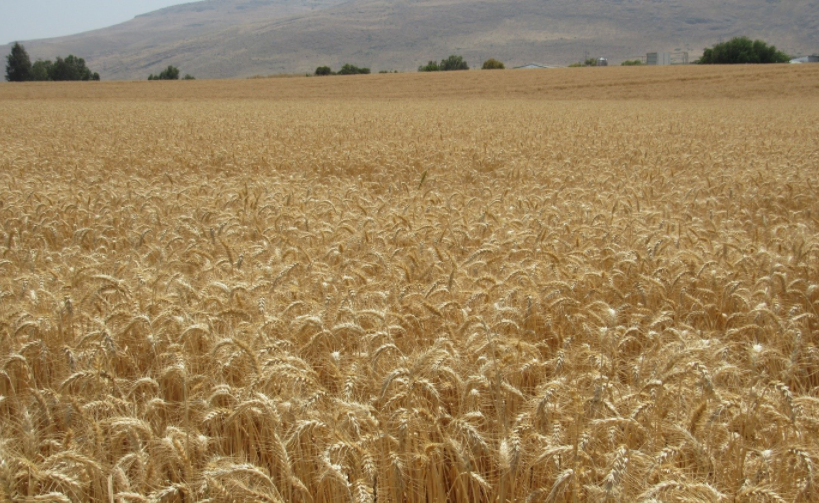
Wheat in the Beit Shean valley. The mountains of Gilboa in the background.
Each wheat kernel is a narrow gem, holding inside of it the flour that will be transformed into the outside of a grilled cheese sandwich. Each kernel is covered in a thin layer of leafy flesh called chaff. Together, they form a wheat berry. Thirty to forty are housed together in the top quarter of a wheat stalk, surrounded by awl, which is the pointy bush surrounding the wheat berries.
It’s the job of the harvester to cut the top from the stalk, detach the wheat berries from the awl, and then separate the wheat from the chaff. From there, he has to grind down the kernels into flour, which then becomes bread.
This is the ultimate productive process.
From it, Hashem teach us so many life lessons.
The Creative Process is Destructive
Less than 5% of the total volume of the wheat stalk is ground into flour. The rest is what needs to be discarded in order to achieve the goal. When developing a personal improvement, like refined speech, we have to discard every swear word, insult, even truths about someone else in order to use our voice as commanded.
Finding the right product, the most interested market, the ideal business strategy is much the same. Marketers spend years eliminating segments of their potential audience to find the people who need what they are producing the most.
Even social media and technology fit the bill. In order to utilize it for our benefit, 95% of what we consume are things we are better off completely ignoring.
These days, 95% of what we see are either magnets to sin or heavy weights designed to keep us from performing mitzvot. Life, like wheat, is about sifting away 95% of the shmutz (filth).
Nothing is Wasted
However, that 95% doesn’t go to waste. The stem, awl, and chaff are used.
They are bound into bales of hay. Hay is used to feed animals that graze. Those include cows, goats, and sheep. One of the seven blessings of the Land of Israel is used to feed the animals that we sacrifice to Hashem in the Holy Temple.
Cows and goats produce the milk we drink. They become the meat we eat.
Hay is also used in roofs. There is an ancient process that turns hay into roofs that insulate from the outside. Hay roofs have been around for thousands of years. I even met a family in Israel that has a hay roof.
Watch this short video by Gad Elbaz and Nissim Black that shows hay roofs:
Even what we discard eventually stores something of value.
This is how we live. In business, it is usually our failures that define our future success. The wrong decisions we made unearth guideposts for the right strategy. After enough wrong decisions, we get it right. Once we do, sitting in our corner office sipping $20 lattes, we look back and laugh. It is all part of the process.
This is how we serve Hashem. When striving to succeed in life, we make mistakes. We sin. Some sins are intentional, some are inadvertent. Every setback unearths stronger tactics to prevent their recurring. We get to the point where we have near mastery over the Evil Inclination for these temptations.
It is at this point that Hashem turns our sins into mitzvot. Once we completely repent for our abuses, everything we did to get to that point is retroactively rewritten as building blocks, and positive contributions to this point in your life.
As long as we are fighting the world to come closer to Hashem, even our sins have value.
It’s Tough Work
Transforming a wheat stalk into a seven layer cake is no simple task. It involves a lot of steps along the way. A wheat stalk isn’t like an apple which you can pick off a tree and fill your appetite in a matter of minutes. A single wheat stalk produces about a quarter handful of flour.
You need a lot of stalks to make flour. That requires a lot of work, with a lot of steps in the process.
It isn’t a one off.
I heard someone tell me once that if I got 5,000 people to go on my site and buy my product, I could retire tomorrow. It may look that easy but it certainly isn’t.
Even if a million people could visit my site in the next 20 minutes, they never do. Building an audience for my company, any company, is hard work. You exert yourself for days, even weeks, to get a hundred people interested. To build an audience of thousands daily can take years.
Producing flour from wheat doesn’t happen in one go. Nothing in life happens in one grand performance. Everything requires hard work, patience, determination – especially in the face of failure or despair, and the understanding that the finish line is not the result of a sprint, but the sum of all the hurdles we scaled along the way.
We are Junior Partners Operating on Invested Capital
Why does wheat, the most labor-intensive food, require such a long blessing while an apple, where we do nothing but watch Hashem take a seed the size of the pupil in our eye and turn it into an edible fruit the size of our fist, require a short one?
It’s the act of improvement that we celebrate Hashem! He gives us a wheat kernel, and we turn it into challah. He gives us a body, and we turn it into a mitzvah making machine. He gives us a world, and we turn it into a vehicle to shine His light.
The more we partner with Hashem, the greater the gratitude. The more we rely on Him to help us at each step. The more we realize we cannot do it without Him.
Because along with the effort, the more tempted we are to forget His contribution. Therefore, the harder we have to focus to see His participation.
Anyone can grind wheat. Only God can shower rain upon an empty field. Only God can cause these miniscule seeds to grow into tall stalks.
If we don’t do our jobs, someone else will. If Hashem doesn’t do His job, nobody can.
Hear O Israel, Hashem our God, God is One.
He is the One that enables us to do everything in His world. All human effort, from the 5G network, to the COVID-19 vaccine, to making a loaf of bread are made possible by God.
We have a blessing spanning 5 minutes to contemplate this, and God willing, take it to heart.
* * *
David Ben Horin lives in Afula with his wife and children. Since moving to Israel in 2002, David has discovered Torah, writing hi-tech, hiking, coding ReactJS Apps, and hearing stories about the Land of Israel from anyone excited to tell them. Check him out on Highway 60 or email him your favorite Israel story at: david.ben.horin@spreadyourenthusiasm.com.




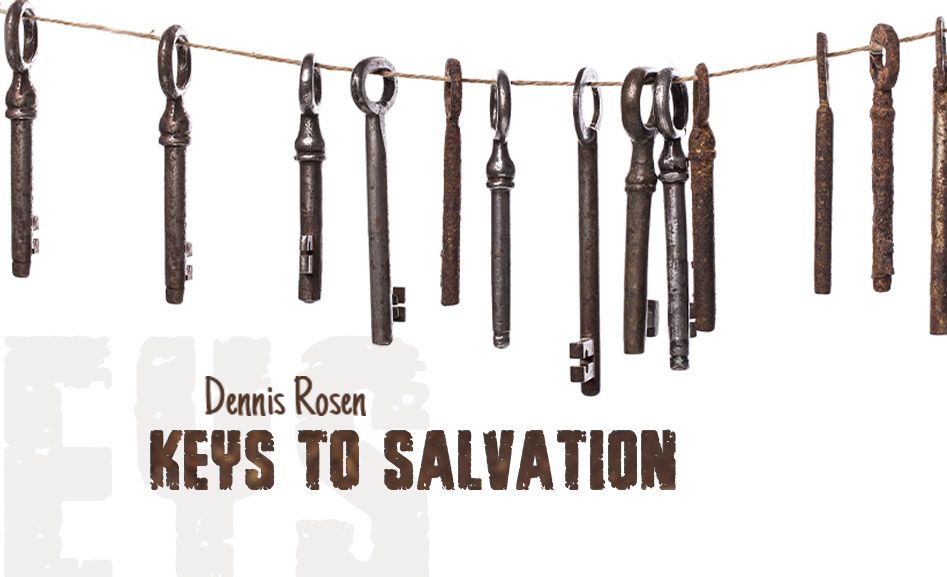
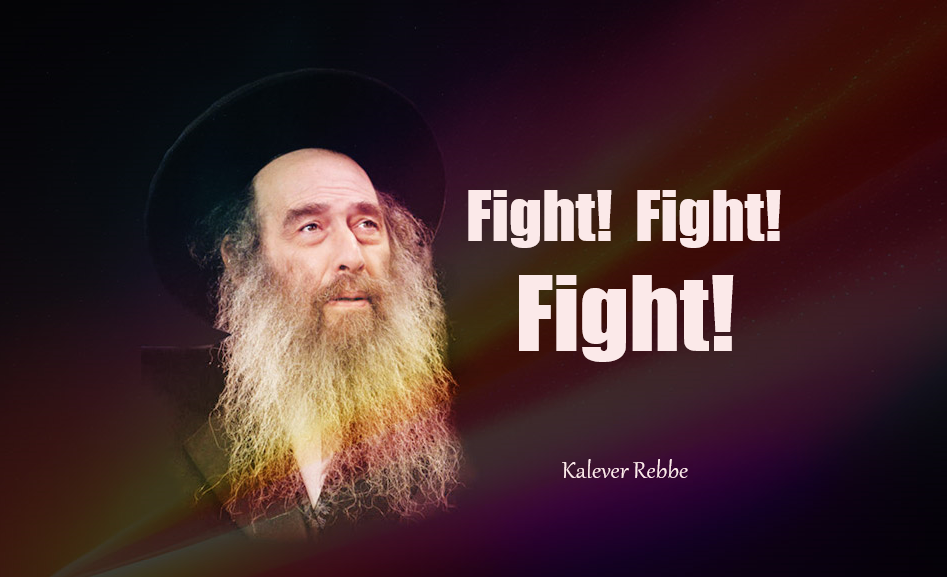
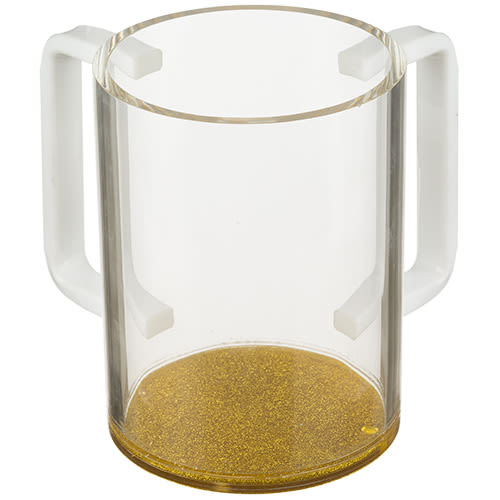
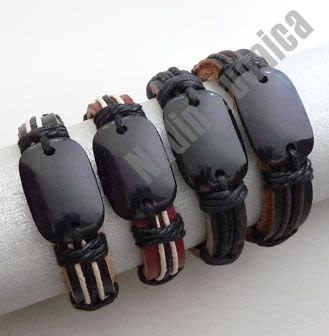


Tell us what you think!
Thank you for your comment!
It will be published after approval by the Editor.